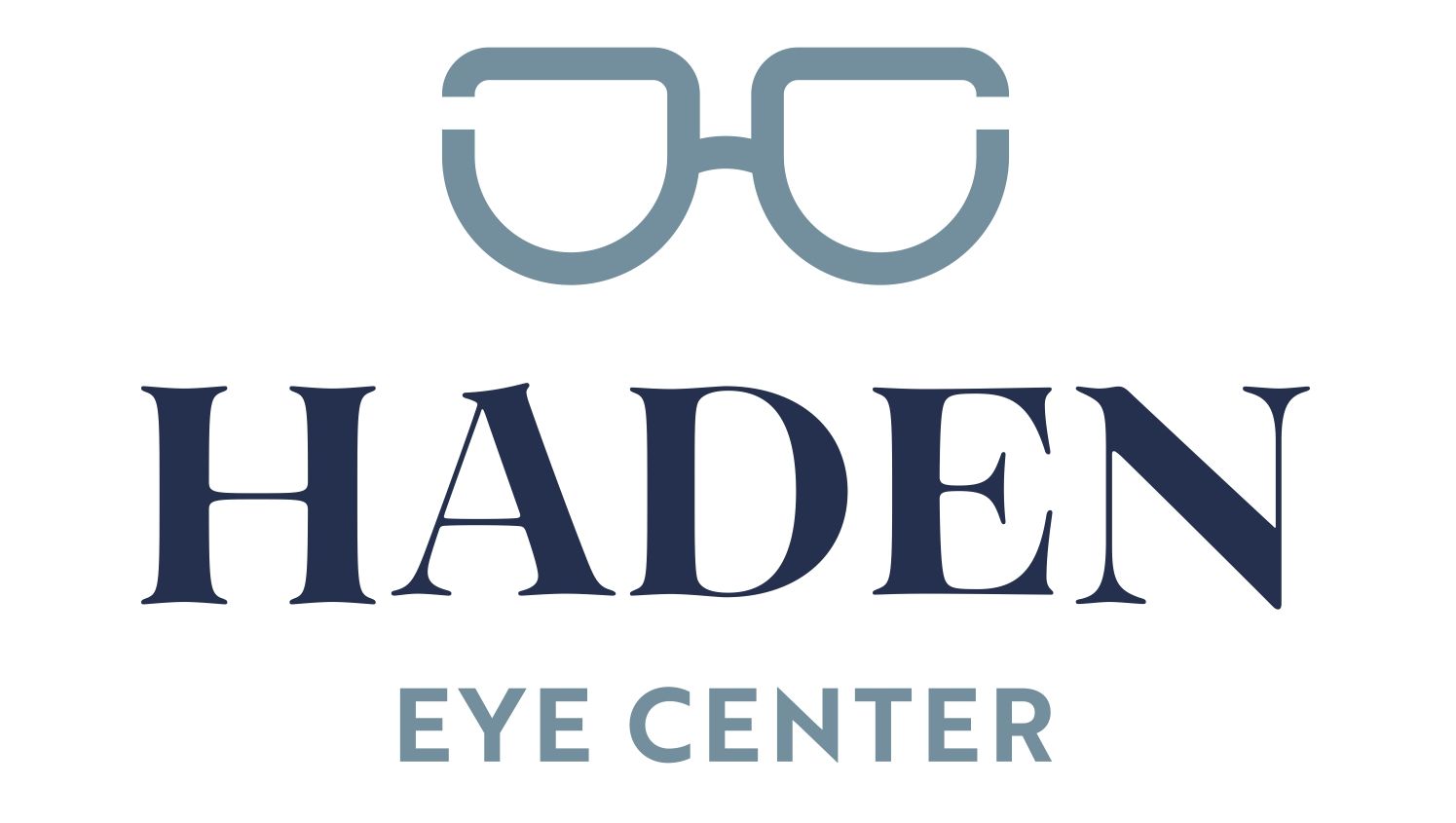The Importance of Regular Eye Exams
Taking care of your eyes is essential to maintaining overall health and quality of life. Regular eye exams are crucial, not only for your vision but also for detecting various health issues. Whether you have perfect vision or wear glasses, an eye exam can reveal much about your general health and well-being. At Haden Eye Center, we prioritize your eye health and encourage regular check-ups.
What Should I Expect from My First Eye Exam?
A typical eye exam at Haden Eye Center in Commerce involves several steps. First, your optometrist will ask about your medical history and any vision problems you might be experiencing. Following this, you'll undergo a series of tests, including:
- Visual Acuity Test: Measures how well you see at various distances using an eye chart.
- Refraction Test: Determines your exact prescription for glasses or contact lenses.
- Eye Muscle Test: Assesses the muscles that control eye movement.
- Peripheral Vision Test: This test checks your side vision, essential for detecting certain conditions like glaucoma.
- Slit-Lamp Examination: This allows the optometrist to examine the structures at the front of your eye, including the cornea, iris, and lens.
- Tonometry: Measures the pressure inside your eyes to screen for glaucoma.
- Retina Evaluation: Involves either using special eye drops to widen your pupils, or digital retinal imaging allowing the optometrist to examine the back of your eyes, including the retina and optic nerve.
Do You Need an Eye Exam If You Have Perfect Vision?
One common misconception is that eye exams are only necessary if you have vision problems. However, even with perfect vision, regular eye exams are essential. Eye health is not solely about seeing clearly; it's also about detecting eye diseases that can develop without noticeable symptoms. Conditions like glaucoma, macular degeneration, and diabetic retinopathy can be caught early through regular eye exams, even if your vision seems perfect.
What Can a Comprehensive Eye Exam Detect?
A comprehensive eye exam goes beyond checking for glasses prescriptions. At Haden Eye Center, our thorough examinations can detect various eye and health issues. Besides common vision problems like nearsightedness, farsightedness, and astigmatism, a comprehensive eye exam can identify signs of:
- Diabetes: Diabetic retinopathy is a complication of diabetes that affects the eyes.
- High Blood Pressure: Hypertensive retinopathy can be detected through changes in the retina's blood vessels.
- High Cholesterol: Deposits in the eyes' blood vessels can indicate high cholesterol levels.
- Cancer: Certain types of cancer, such as melanoma, can manifest in the eye.
- Autoimmune Disorders: Conditions like lupus or multiple sclerosis can have ocular manifestations.
- Thyroid Disease: Thyroid eye disease can cause eye symptoms that are detectable in an eye exam.
Will a Standard Eye Exam Catch Glaucoma?
A standard eye exam at Haden Eye Center can indeed catch signs of glaucoma. This severe eye condition can lead to blindness if left untreated. During your eye exam, your optometrist will measure the pressure inside your eyes, inspect the drainage angle, evaluate your optic nerve, and test your peripheral vision. These tests help detect glaucoma in its early stages, allowing for more effective treatment.
How Often Should You Get an Eye Exam?
The frequency of eye exams depends on various factors, including age, risk factors, and whether you currently wear corrective lenses. Here are the general guidelines:
- Children: Children should have their first eye exam at six months old, then at age 3, and again before starting school. After that, an eye exam every two years is recommended unless the child has vision problems or risk factors.
- Adults (Ages 20-39): Adults with no vision problems or risk factors should have an eye exam every two years.
- Adults (Ages 40-64): Vision changes can occur more frequently at this age. It's recommended that an eye exam be performed every one to two years.
- Seniors (Ages 65 and older): Seniors should have an eye exam yearly to monitor for age-related eye conditions such as cataracts, glaucoma, and macular degeneration.
- High-Risk Individuals: If you have diabetes, a family history of eye disease, or other risk factors, your optometrist may recommend more frequent exams.
Additional Benefits of Regular Eye Exams
Regular eye exams offer numerous benefits beyond just checking for vision problems. Here are some additional reasons why you should schedule regular eye exams:
- Updating Prescriptions: Even if you wear glasses or contact lenses, your prescription can change over time. Regular exams ensure you always have the correct prescription.
- Preventing Eye Strain: Prolonged use of digital devices can cause eye strain. An eye exam can help identify and mitigate these issues.
- Childhood Eye Health: Regular eye exams are crucial for children to detect vision problems early, which can impact learning and development.
- Monitoring Eye Health: If you have a family history of eye diseases, regular exams are essential for early detection and management.
- Lifestyle Recommendations: Your optometrist can advise on lifestyle changes, such as proper nutrition and eye protection, to maintain optimal eye health.
Regular eye exams are a vital component of maintaining your overall health. Whether you have perfect vision or wear corrective lenses, eye exams can detect various health issues and ensure your vision remains sharp and healthy. Don’t wait for symptoms to appear—schedule your comprehensive eye exam at Haden Eye Center in Commerce today. Your eyes are a window to your health, and taking care of them should be a priority.
Contact us now to book your appointment and ensure your eyes are in the best possible health!

